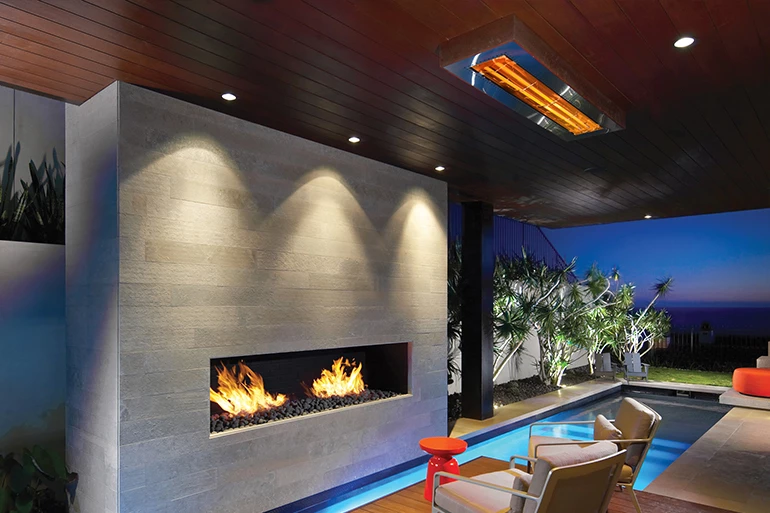Heater Buyers Guide
When your feet are freezing, nothing feels better than warming them up by the fire or a small space heater. Coming in from the cold, grabbing a blanket, then turning on the heater on the floor, and smelling the electric coil as it warms up; that's nostalgia. While heaters of old aren't made anymore, you can still get that feeling with something more modern (and definitely safer).
-

- Infratech electric ceiling-mount heater
There are a lot of heaters out there. You have to find out which type is best for your home. That's what this buyer's guide is for. We'll get into the types of heaters, the top brands, why you should consider a heater for your home, and more.

